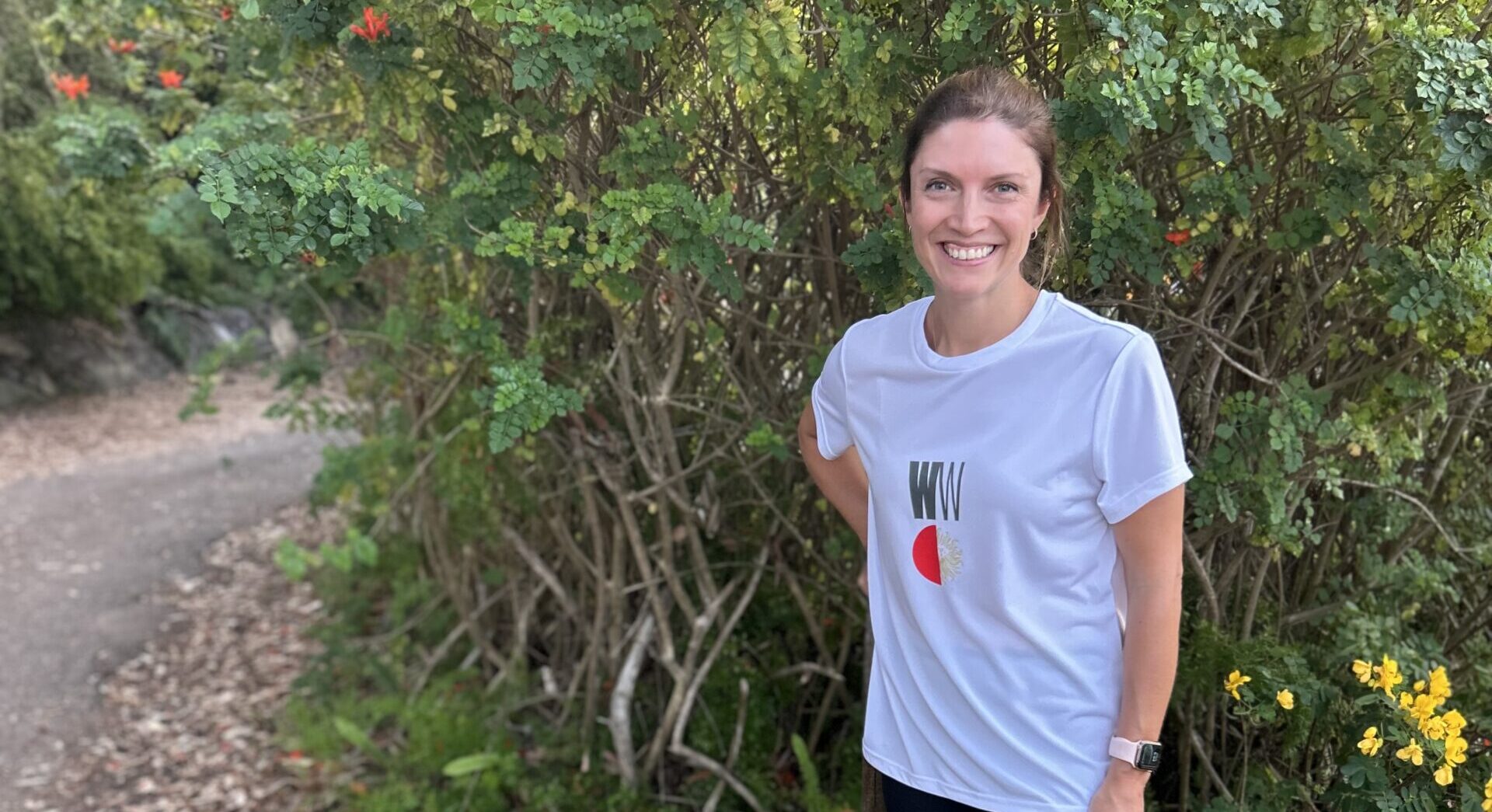By Lucie Jansen, chief investment officer at Spark Foundry
Like many people in our industry, I jumped into an agency role with an unrelated degree under my belt some 20 years ago, not quite sure where I was heading.
I spent a few years in London buying TV, congratulating myself if I managed to get a spot in Coronation Street, and enjoying a busy, work-related social calendar. But I questioned myself too at times: Was I doing any good apart from playing a minor part in persuading people to buy my client’s shampoo? I wanted to do something to make a difference, but I had no idea where to start.
It took me a couple of years to understand that this industry is like no other when it comes to being able to influence change. Indeed, the answer was right in front of me.
Advertising contributed $53 billion to the Australian economy in 2022, 2.1% of the nation’s total GDP. By generating competition amongst brands, advertising increases the quality of necessary goods and services, and consequently, creates a wealth of jobs across the world. It is the force that keeps the wheels of the economy turning.
But it does much more than that too. In those early days in London, I wasn’t privy to the work that individuals were doing outside of their day jobs. In the last few decades, with the advent of LinkedIn and Facebook, I have seen a significant and positive shift in our industry. Our ability to amplify initiatives across social platforms and amongst our peers has encouraged and inspired more people to contribute to causes beyond their day-to-day that they are passionate about. It’s part of a broader movement across adland, emphasising how we can drive positive change in society and give back to the communities we serve.
This doesn’t purely come from the senior levels, either. There is also a better understanding at the entry level that the marketing and media industry has more influence on society and culture than any other. This movement is being powered by a new generation of talent who want to work for companies that offer both the opportunity and the encouragement to do good.
The shift we have seen in the openness of leadership has also played a huge part. Today, being a great leader is contingent on authenticity, empathy and vulnerability. These attributes are not ‘nice to haves’; they are essential. The more our leaders talk about and normalise struggles that in the past were hidden, the more we are learning to support each other and our wider communities.
A wonderful example of such leadership is Publicis Global chairman and CEO Arthur Sadoun. In March 2022, he was diagnosed with HPV-related cancer. He was open and honest about what he was going through, and the abundance of heartfelt responses to his candour revealed a significant problem. Globally, 50% of employees from across every industry are scared to tell their employers when they are diagnosed with cancer for fear of discrimination or losing their jobs.
As a result, the global Publicis Groupe initiative Working with Cancer was launched. This initiative aims to erase the stigma of cancer in workplaces across the globe. It also provides much needed support for those battling the disease or caring for someone with cancer, through encouraging businesses to take the Working with Cancer pledge and commit to building recovery-focused workplaces.
Since being promoted at the Super Bowl in 2023, the pledge has been an undisputed success in both support and adoption, with more than 1,600 businesses signing on globally, including Toyota, Meta, Pfizer, Unilever and Mondelēz. At Publicis Groupe, we are also leading by example, guaranteeing the job and salary of all employees diagnosed with cancer for up to 12 months.
On a personal level, this initiative is hugely important to me. Like most of us, I have seen first-hand the enormity of cancer-related struggles, both for those battling the disease and for friends and families supporting their loved ones. I have also seen the devastation caused by battles lost to cancer.
For someone who must take time away from work, with a mortgage to pay, and a family to support, the prospect of job insecurity can add a huge level of anxiety to an already highly stressful situation. Removing the fear of losing a wage makes an enormous difference mentally and can significantly help an individual’s recovery and reintroduction to work.
That’s why I am supporting this initiative as best I can, raising awareness to encourage more companies in Australia to sign the pledge and donate important funds to our Working with Cancer partners locally, the Cancer Council.
One of the ways Publicis Groupe is doing this is through La Course – a fundraising effort where team members from across Australia and New Zealand commit to running half-marathons. Now in our second year of running, we have received great support from friends, clients and media owners alike.
So, my message is this: If you are lucky enough to work in this great industry, you can make a difference, no matter your level. Build your network and lean in to the opportunities, and you’ll find this an industry that allows you to effect change, lead and help with causes you care about by connecting you with almost every other industry in the world.
Arthur’s work on Working with Cancer has inspired me to leverage this incredible industry and everything it offers to drive positive change. As I continue on my own journey, I hope in sharing it I can encourage those around me to harness the momentum, get involved and create change for the causes they care about most.
—
If you would like to support Lucie and the Publicis Groupe La Course runners in the upcoming Sydney Hoka Half Marathon on 5 May, please donate via the following link: Do It For Cancer – Team #WorkingwithCancer NSW.
See also: Publicis launches Disability Access and Inclusion Plan
